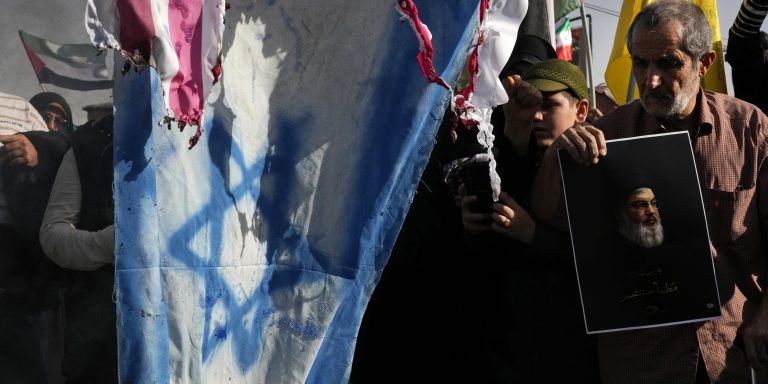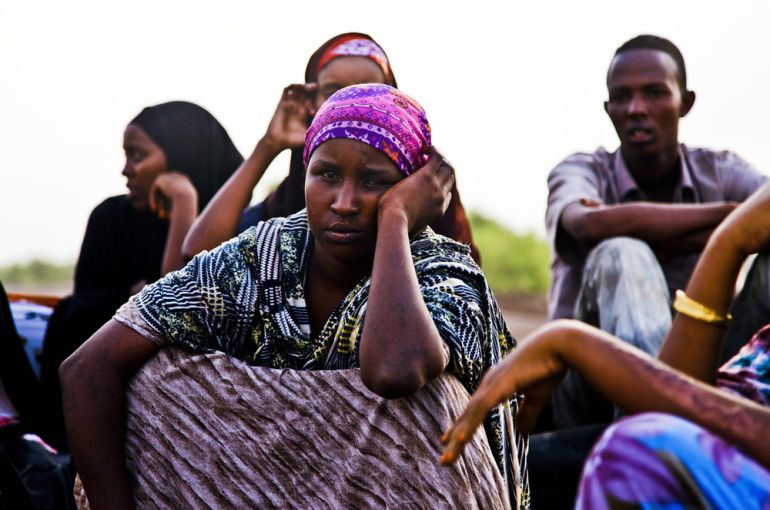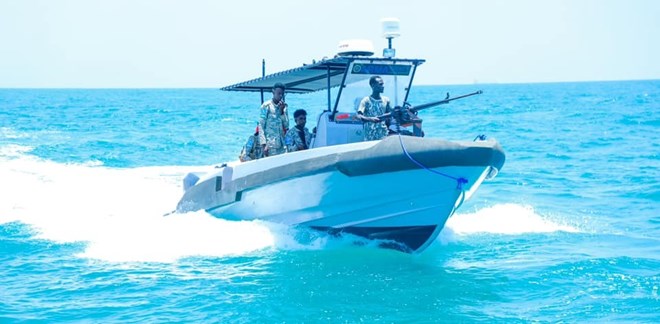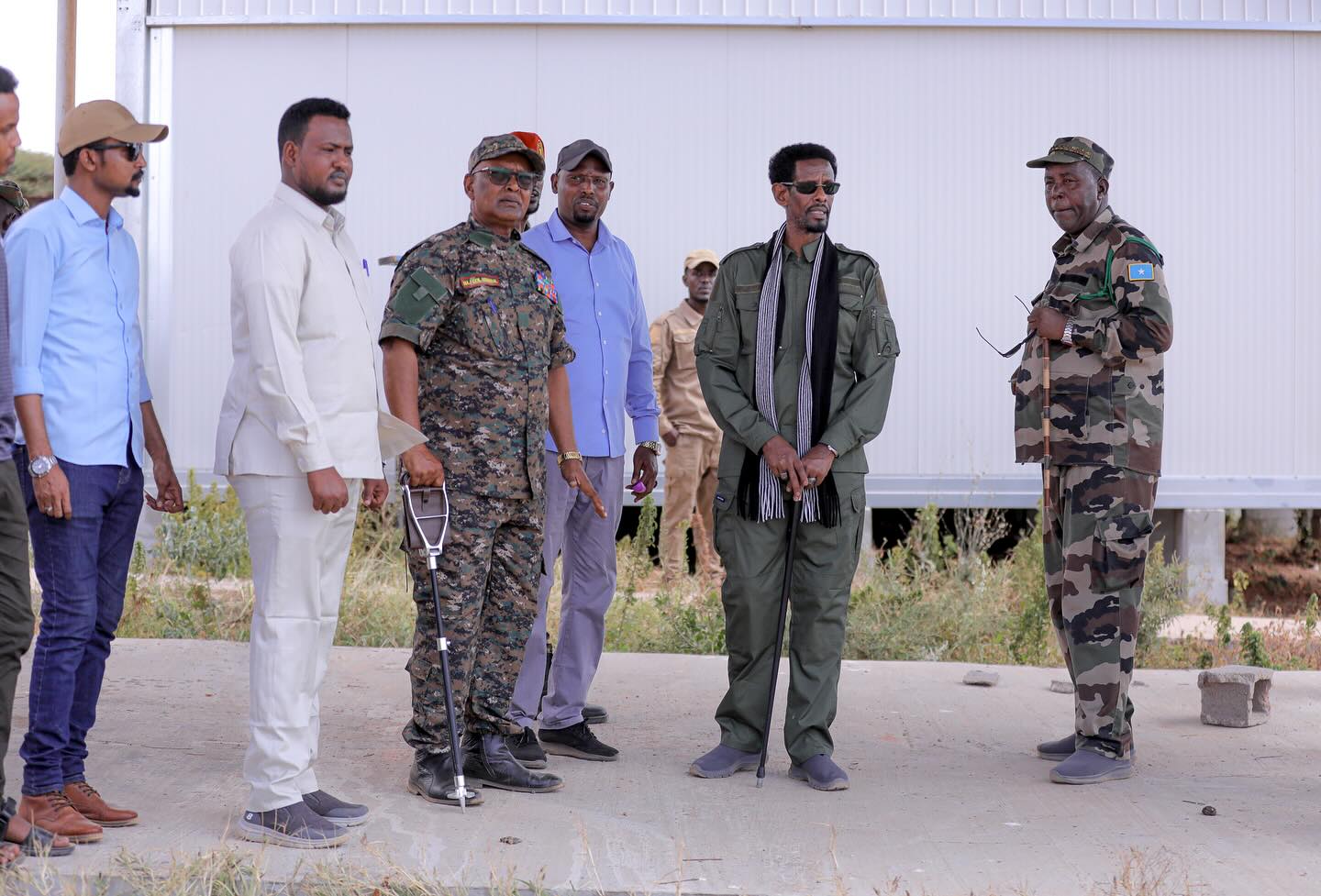Share the post "Middle East Regional Dynamics Undergoing Shift After Nasrallah Assassination.."
An early-morning strike on Friday reportedly targeted Hashem Safieddine, the apparent successor to Hassan Nasrallah as Hezbollah’s Secretary-General. The recent strike was allegedly more intense than the one that targeted Nasrallah a week earlier. If Safieddine’s elimination is confirmed, it would suggest that Israel has indeed managed to infiltrate Hezbollah at its highest levels, with the potential vulnerability lying within Iran, Lebanon, or both. In the unprecedented Iranian attack on Israel in retaliation for the assassination of Hamas political bureau head Ismail Haniyeh and Lebanese Hezbollah’s Secretary-General Hassan Nasrallah on Tuesday, Hezbollah has showcased its ability to counter Israeli incursions into Lebanon, launching hundreds of missiles into Israel and engaging Israeli forces in fierce ground combat operations…
Eight Israel Defense Forces (IDF) soldiers were killed in fighting on Wednesday, yet despite these casualties, the Israeli invasion could be expanding, with the IDF now deploying five divisions to the border with Lebanon. The IDF issued evacuation warnings to 20 towns and villages in Lebanon as clashes continued between its troops and Hezbollah fighters along the Lebanese-Israeli border. Meanwhile, Israeli airstrikes in central Beirut on Thursday resulted in nine fatalities in the Bachoura neighborhood.
Separate from the Lebanese theater, Hamas has released footage allegedly showing attacks on Israeli troops and targets in Khan Yunis, while another Iranian proxy, the Yemen-based Houthis, sent an email to an executive at a Greek shipping company warning that the company’s ships risk being attacked for violating a Houthi-imposed transit ban against docking at Israeli ports. The email was one of several warnings sent to Greek shipping companies since May amidst rising geopolitical tensions in the Middle East. The warnings indicate the group is casting a wider net than previously by targeting ships with little or no connection to Israel, increasing the risks to commercial shipping in the Red Sea. Houthi military spokesperson Brig. Gen. Yahya Saree also claimed responsibility for attacking a Panama-flagged oil tanker ‘Cordelia Moon’ and the Liberian-flagged bulk carrier ‘Minoan Courage.’ Additionally, Iraq-based Kataib Hezbollah, another proxy that forms part of Iran’s “Axis of Resistance,” warned that an “energy war” could have severe consequences globally, potentially disrupting the supply of 12 million barrels of oil per day — an implicit response to the threat of Israeli strikes on Iranian energy infrastructure.
The latest development came after U.S. President Joe Biden indicated that his administration is considering the possibility of Israeli airstrikes on Iranian oil facilities, causing oil prices to increase by 4 percent, as concerns grow that escalating tensions could significantly reduce oil exports from countries in the region, including Saudi Arabia and the United Arab Emirates. President Biden suggested that he was opposed to Israel striking Iran’s nuclear facilities, a tactic Israel has used in the past against Iraq (Osirak in 1981) and Syria (al-Kibar in 2007). Without U.S. logistical support, it would be challenging for Israel to successfully attack Iran’s nuclear infrastructure, particularly the hard and deeply buried targets. Tehran, meanwhile, has conveyed a message to the United States through Qatar, stating that the “phase of unilateral self-restraint has ended,” warning that any Israeli attack will be met with an “unconventional response” targeting Israeli infrastructure.
The current situation is highly volatile, with the region teetering on the edge of a full-scale conflict. The Biden administration is striving to avert broader hostilities before the upcoming U.S. presidential election, now just weeks away, recognizing that such a conflict would carry substantial political, military, strategic, and economic implications — not only for the region but globally. President Biden announced that the Group of 7 nations (G7) — Canada, France, Germany, Italy, Japan, the United Kingdom, and the United States — agreed to impose new sanctions on Iran following the missile attack earlier this week.
Beyond a protracted campaign, such a scenario will likely lead to increased displacement and further deterioration of the humanitarian conditions in Lebanon. An estimated 1.2 million people have been displaced throughout the country, according to the Lebanese government, and UN officials have stated that the pace of displacement since late September has exceeded “worst case scenarios.” As the conflict continues to escalate, and if prognostications of a wider regional war come to fruition, the impact on the civilian population and infrastructure will be devastating and potentially catastrophic.




